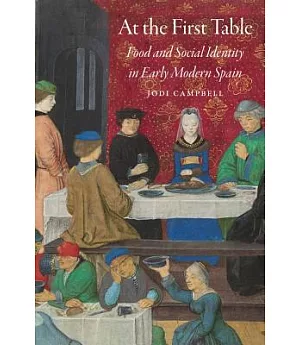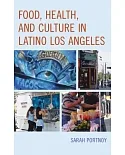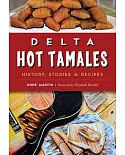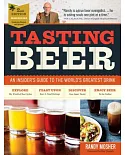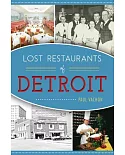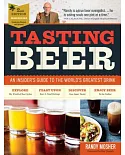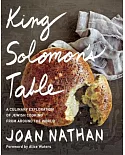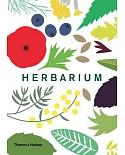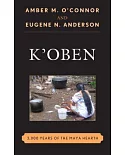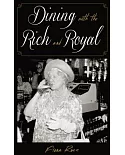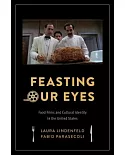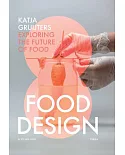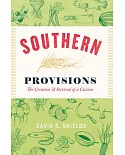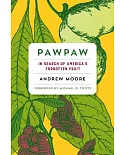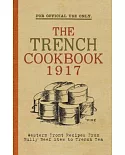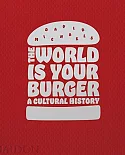The author views the intersection between food and social relationships as a form of performance in early modern Spain and examines the acquisition, preparation, and consumption of food in
terms of symbolism related to places and people and connections with social and cultural change. She describes early modern Spanish food customs; the connections between food and social
identity in terms of gender, political authority, religion, monastery life, university life, and confraternities; its role in demonstrating status and change; and its symbolic value for vice,
virtue, and self-control. Annotation ©2017 Ringgold, Inc., Portland, OR (protoview.com)

